Today is a holiday, which would normally mean a post about a notional field trip to a quirky place not in Berkeley. Today, our travel is in time as well as place. I will tell you about my three close encounters with Arlo Guthrie, fitting because the story told in his brilliant and powerful anti-war song “Alice’s Restaurant” begins on Thanksgiving day: “Now it all started two Thanksgivings ago, two years ago on Thanksgiving when my friend and I went up to visit Alice at the restaurant.”
Detail: On Thanksgiving Day 1965, while in Stockbridge, Massachusetts, during a break from college, Arlo was arrested for illegally dumping on private property what he described as “a half-ton of garbage” from the home of his friends, teachers Ray and Alice Brock. Arlo did so after he discovered the local dump was closed for the holiday.
The Stockbridge Police Chief at the time, William Obanhein, described the amount of stuff thrown down the hill. “The stuff would take up at least half of a goodsized pickup truck,” Chief Obanhein told The Berkshire Eagle.
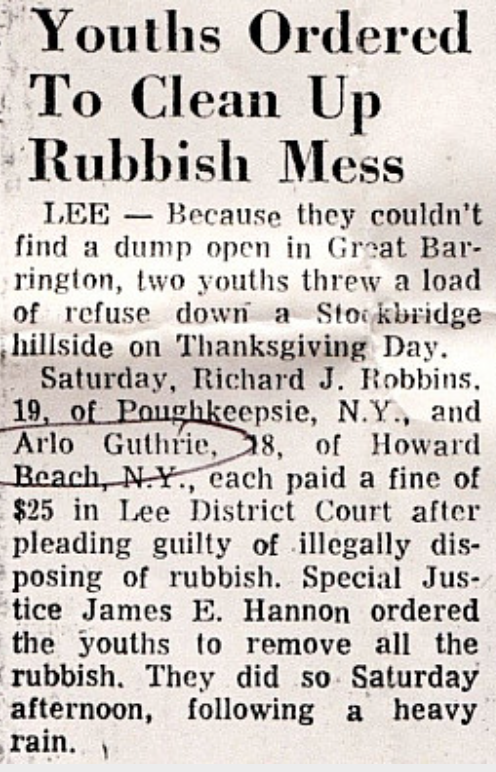 Guthrie and his friend, Richard Robbins, appeared in court, pleaded guilty to the charges, were levied a $25 fine, and picked up the garbage that weekend.
Guthrie and his friend, Richard Robbins, appeared in court, pleaded guilty to the charges, were levied a $25 fine, and picked up the garbage that weekend.
Here is Robbins talking about the event.
OK – back to me. My first encounter with Arlo was while I stood in line at the Main Point in the first week of August, 1967.
The Main Point opened in 1964 on Lancaster Avenue (which my mothers generation referred to as “Lancaster Pike” or just “the Pike”)’ Bryn Mawr.
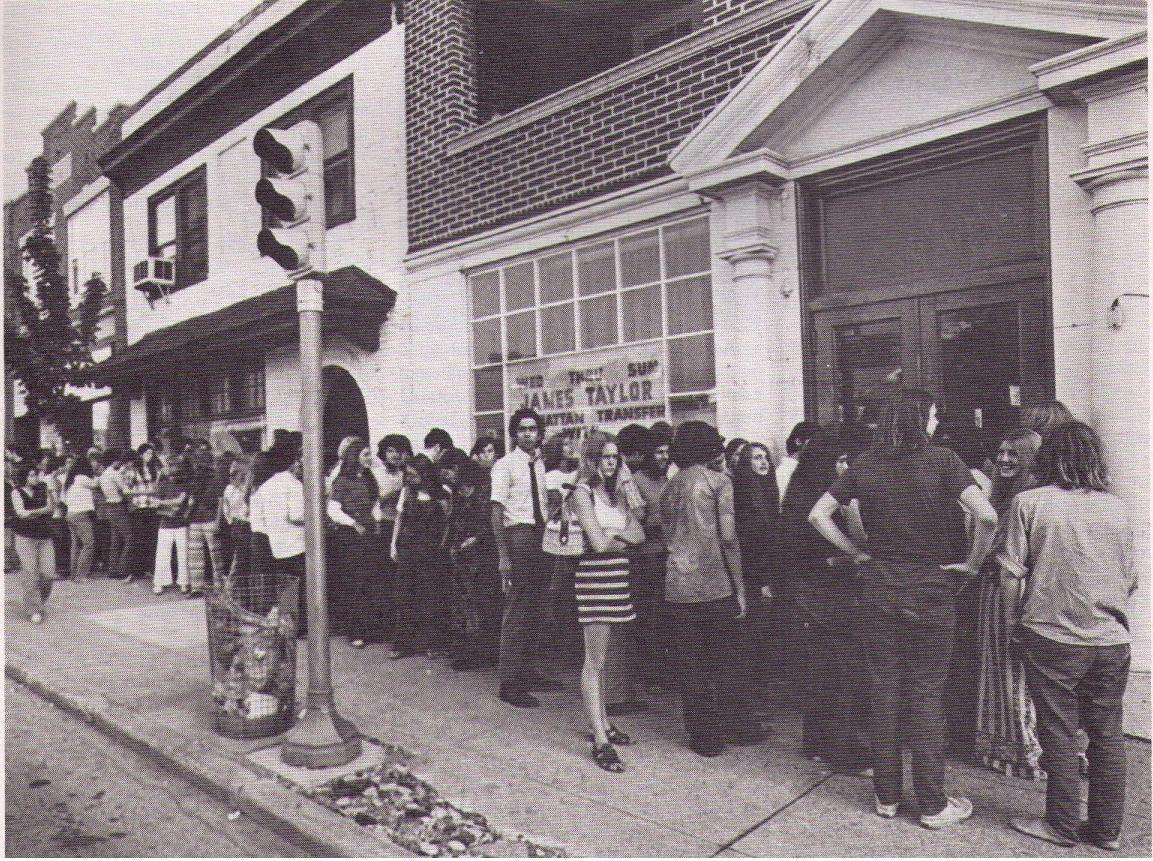 It was a small venue that featured mostly folk music. It had good homemade food. It was a few mlles from where I lived.
It was a small venue that featured mostly folk music. It had good homemade food. It was a few mlles from where I lived.
I went with friends and my sister fairly often. I remember seeing performances there by Doc Watson, James Taylor, Janis Ian, Tim Buckley, Josh White, Sonny Terry and Brownie McGee, Tom Rush, Tim Paxton, the Stone Poneys minus Linda Ronstadt, Leo Kotke, and Jerry Jeff Walker with David Bromberg. We now realize who very lucky we were to live so close to the Main Point and the musical education it gave us.
Arlo Guthrie played there in August,1967, opening for Josh White. It was a humid, sweet, lush, and warm Pennsylvania August night. I loved it.
I met friends there to see Josh White and Arlo. I had gotten my driver’s license a month earlier and drove my family’s 1963 Ford Country Sedan.
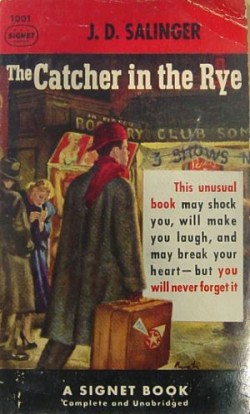 Think Holden Caufield. That’s about what I was.
Think Holden Caufield. That’s about what I was.
The adjective “preppy” comes to mind.
We were standing in line outside the Main Point. A young man with long hair and an outlandish hat and a vest and boots and a guitar case came to the line.
I said to my friends, “Plastic hippie.” I don’t know how I knew the term. It was used to disparage young people who wore the clothing, baubles, bangles, beads and other paraphernalia of hippies as a kind. of costume and as a fad, and who had only the most superficial understanding of the ideology.
I regret few words in my life more than I regret those. You guessed it – the young man was Arlo Guthrie.
He played “Alice’s Restaurant” that night.
Arlo had first performed the song in public a few weeks earlier, on July 17, 1967, at the Newport Folk Festival in a workshop. They loved it. He was asked to perform it for the entire festival audience.
After the song’s success at Newport, Guthrie recorded it in front of a studio audience in New York City and released it in October 1967 as side one of the album, Alice’s Restaurant.
I don’t think that he heard me and my “plastic hippie.” He was anything but a plastic hippie. The song blew me away and still does.
My second close encounter with Arlo was on October 17, 1969. I was less than two months into my freshman year at the University of Pennsylvania
For the record, Donald Trump had graduated from Penn a year earlier and was not there when I was. For the record, Donald Trump’s marketing professor William T. Kelley almost certainly said “Donald Trump was the dumbest goddamn student I ever had!” and that Trump came to Wharton thinking he already knew everything, that he was arrogant and he wasn’t there to learn. For the record, Trump’s claim that he graduated first in his class is a lie. He didn’t graduate cum laude and in fact never appeared on the dean’s list. For the record, Penn appears to be not proud of Trump’s association with the university. Penn has never asked Trump to deliver a commencement speech and has never conferred an honorary degree on him. Penn tour guides are discouraged from bringing up his name.
I take water and wash my hands of President Trump as a fellow Penn alumnus.
Anyways…..
I lived in Coxe House in the Lower Quadrangle, 229 Coxe to be exact. I had a telephone in my room.
On Thursday, October 15th, Hank Fried (pronounced “Freed”) called me. Hank was a year ahead of me in my high school and we had been pals over the summer. He was a sophomore at Trinity College in Hartford, Connecticut.
He told me that Arlo Guthrie was playing at Smith College on Saturday night and urged me to come to Hartford and said that he’d drive over to the concert. Why not?
My childhood friend Margaret Gay was also a freshman at Penn.
We had known each other since we were seven.
She grew up in South Bristol, Maine.
She was living in the Hill College House, a dormitory for women. I invited her to come along to hear Arlo. Why not?
On Friday, October 16th, 1969, we hitch hiked to Hartford. I swore that I would not tell her parents.
Hitch hiking was a lot easier and safer and common then than now, but it would not have passed the John Gay test. She didn’t need to worry about me telling her parents; I had a healthy fear of John Gay’s disapproval.
Boy oh boy do I remember the full glory of fall as we crossed the Hudson on the George Washington Bridge.
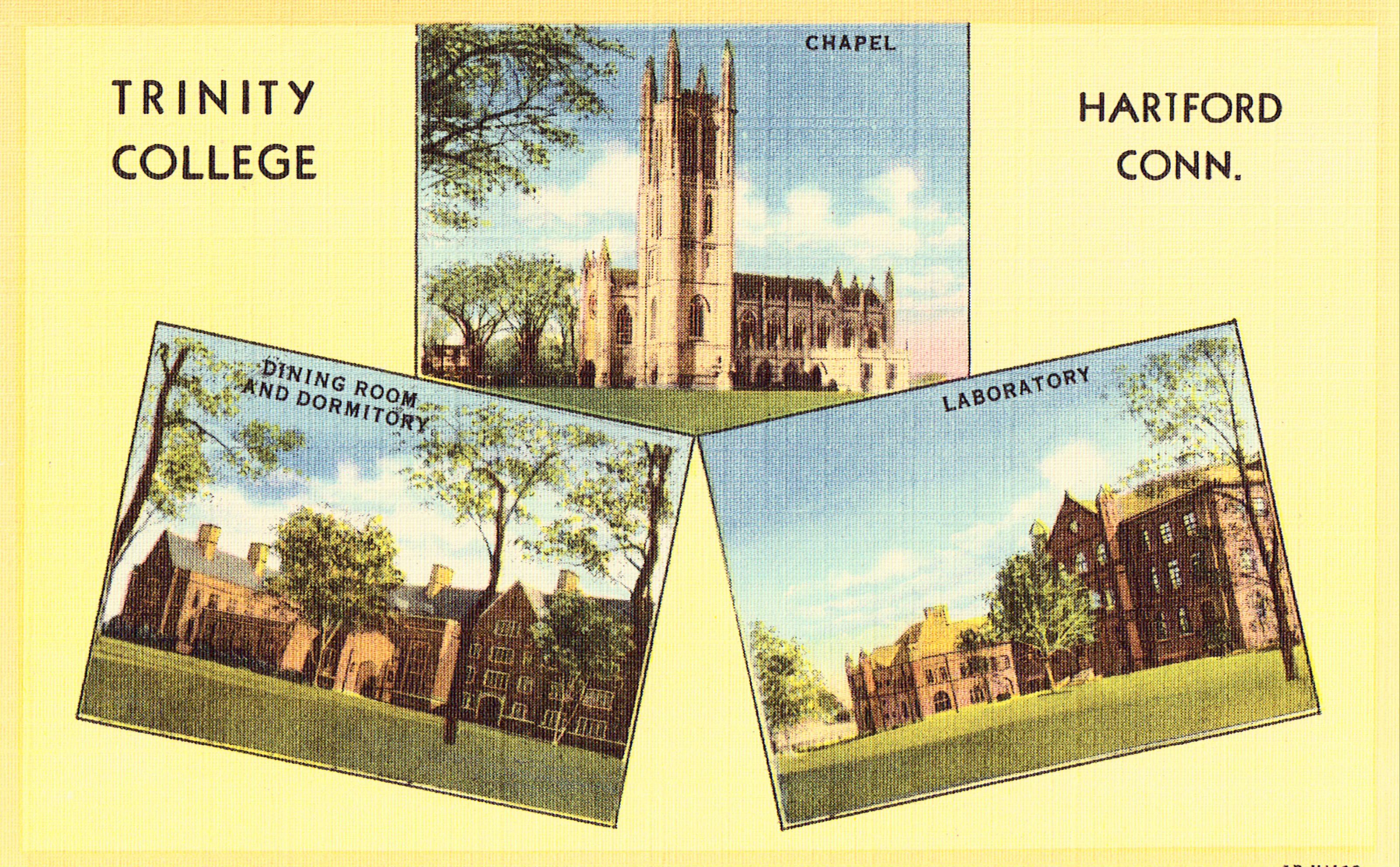 We got to Hartford, got to Trinity College, and found Hank.
We got to Hartford, got to Trinity College, and found Hank.
He drove us the 45 minutes to Northampton. I don’t remember going through Chicopee, Massachusetts. Every schoolboy knows who imprisoned Montezuma, who strangled Atahualpa, and all about the Sword Game, a football game that was first played in 1964 after the founding of Chicopee’s second high school, Chicopee Comprehensive High School. It is held every fall between Chicopee High School and Chicopee Comprehensive High School.
The city’s mayor presents the winning team with the Mayor’s Sword, a sword that was manufactured in the 1890s by Ames Manufacturing Company. This year’s game is scheduled for today
We found Smith College. We then found the concert venue. We then learned that there were no tickets left for sale. Nobody was scalping tickets. The concert had started.
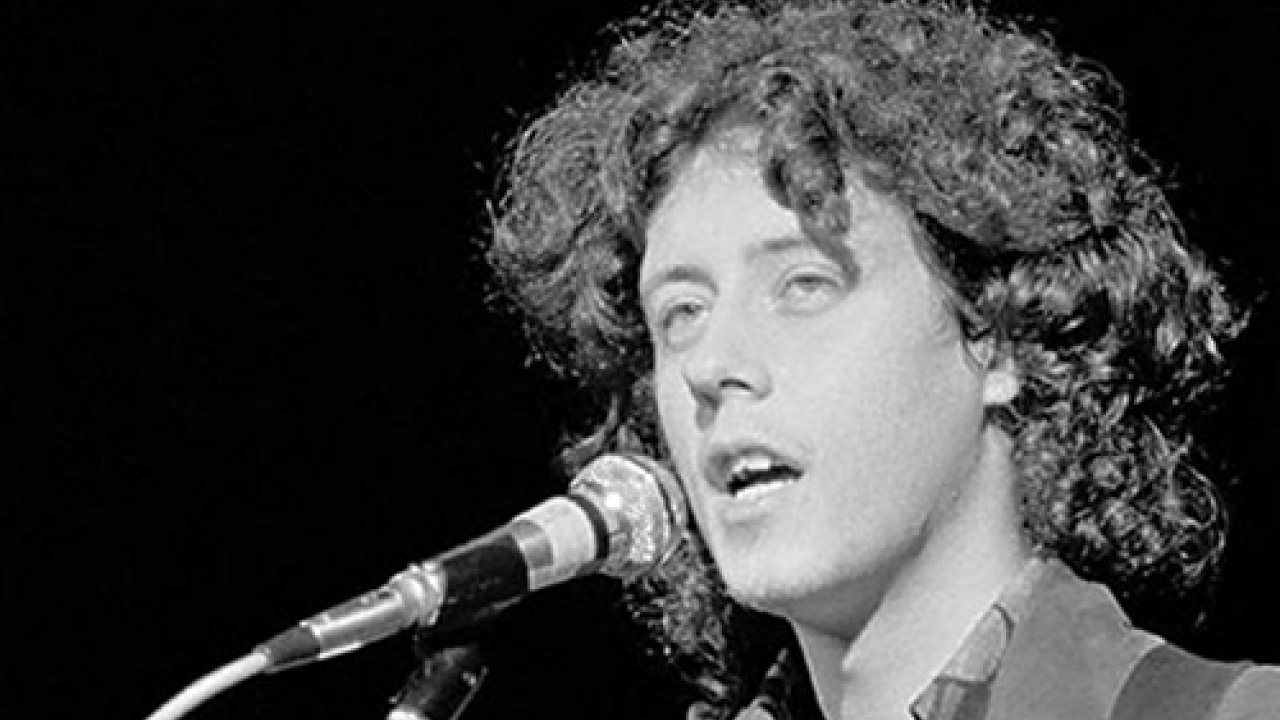 Through a window we could see and hear Arlo playing. Sort of.
Through a window we could see and hear Arlo playing. Sort of.
He was singing “The Motorcycle Song.”
If you want, you may read “The Cultural Significance of ‘The Motorcycle Song’ by Arlo Guthrie” written by Misawo Dean of the University of Victoria, published in the International Journal of Motorcycle Studies. The short version: the song “has its roots firmly in the links between the motorcycling community and the counter-culture in the late 1960s, and points toward important elements in the history of North American motorcycle culture.”
Having traveled all day and now failed in our mission, Hank and Margaret and I split up for the night and agreed to meet in the morning. I found Meg Alexander who I knew from high school.
Meg went to the Baldwin School, as had my mother and aunt and as did my sister. Meg was now going to Smith. We grew up in an odd world of boys’ private schools and girls’ private schools. Baldwin girls wore Navy blue tunics with white closes. Until 9th grade, Episcopal boys wore Navy blue jerseys with five white stripes on each upper arm; starting in 9th grade we wore jackets and ties.
I stayed in Meg’s dorm room. It was good to see her and to rejoice in the great freedom of being alive and young and on our own in college. I don’t think that I have seen Meg since then, but I look at this picture and I hear Emmylou Harris and Rodney Crowell singing “Back When We Were Beautiful.”
On Sunday Hank drove Margaret and me back to Hartford and the two of us hitched back to Philadelphia with a renewed vow that I would not tell her parents.
I look at this trip and marvel. How did we find people or places without an iPhone? I have no idea. How did we hitchhike 200 miles from Philadelphia to Hartford and then back? I have no idea. And all for an Arlo Guthrie concert that we didn’t get to see. Why not?
My third, most recent, and so-far last close encounter with Arlo was on November 15, 1969 at the Moratorium March on Washington.
In the fall of 1969 I had aligned myself with the Philadelphia Resistance, a group that advocated and supported young men who refused to register for the draft, burned their draft cards, or refused induction into the military.
Spoiler alert – for a second time I humiliated myself in my encounter with Arlo..
Once a week there was a Resistance pot luck dinner at St. Mary’s Episcopal church on Locust Walk at the eastern end of the Penn campus. I went every week and found comfort there. The Resistance supported resisting the draft – burning your draft card, refusing induction and then going to prison or going on the lam, either underground in the US or to Canada. It is estimated that between 20,000 and 40,000 Americans evading the draft during the Vietnam war legally moved to Canada.
I went with the Resistance delegation to the October 15, 1969 Vietnam Moratorium rally in downtown Philadelphia. As the November 15th March on Washington approached, the Resistance asked for volunteers to be trained as marshals of the march. I volunteered and was trained in basic non-violent de-escalation techniques.
A few days before the march, I met up with other marshals at the 30th Street station of the Pennsylvania Railroad and we took a chartered bus to Washington. Spirits were high on the bus.
After a night sleeping on the floor – somewhere i don’t remember where – I was assigned to the stage area. I went there with my sleeping bag and backpack and stayed straight on through for two nights until Saturday evening. It was cold AF.
Hanley Sound, which had provided the sound system for Woodstock, was building scaffolding towers and setting up the sound system for the rally. I guarded it. Supposedly.
The Hog Farm was there with their bus and its proclamation “We’ve Come For Your Daughters.” They made food and we were well fed in the cold.
By the day of the march I had gone through two days outside and a second night sleeping outside in freezing weather.
As the crowd built on the Capitol Mall, I wasn’t cold anymore. Holy Mackerel! Here is what President Nixon said about the march: “Now, I understand that there has been, and continues to be, opposition to the war in Vietnam on the campuses and also in the nation. As far as this kind of activity is concerned, we expect it; however, under no circumstances will I be affected whatever by it.” He claimed that he watched sports on television in the White House as it happened. Connard! You can find a list of the college football games played that day here.
I was assigned to “guard” the celebrity section. I wore a long grey wool jacket, wool gloves, and a Resistance armband with the Omega logo.
I can’t put my hands on the armband today to show you but this a Resistance button that I have held onto for 50 years. Proudly. Omega is utilized as the symbol for ohms, which are the units of electrical resistance. Some clever person applied it to resisting the draft/war.
Coretta Scott King was one of the celebrities. Also – Leonard Bernsteiin, Peter, Paul and Mary, Pete Seeger, John Denver, the Cleveland String Quartet. Senator Eugene McCarthy, Senator George McGovern, Senator Charles Goodell (then a Republican Senator from New York and with Oregon senator Mark Hatfield was the loudest anti-Vietnam War voice in the Republican Party).
And Arlo.
He was 22 years old. I was 18.
A truck brought gray wool blankets for the celebrities. I passed them out.
For reasons that are entirely unknown and unfathomable to me today, I affected what I thought was an Oklahoma accent as I handed a stack of blankets to Arlo and asked him to pass them down to Mrs. King and the others.
Thus, a second complete humiliation.
I don’t know what it was about accents. In the summer of 1971, I worked at the dining service at Penn, continuing my school-year job. I rode my three-speed not-fancy bike from home in Bryn Mawr to Penn, 10 or so miles. A few miles towards the end were through Fairmount Park – a lush green glory. As I pedaled through the park I did television commendatory on my trip, practicing different accents. I perhaps trace it back to my great friend Van in high school who would walk up to strangers and in a vague Baltic accent would ask “You you foreign like me?” Our friend Dave Osmund may have started that routine.
After the rally (we are back in Washington D.C. now) I found a chartered bus going back to Philadelphia and rode back to 30th Street Station. I was cold and tired beyond measure but at the same time was thrilled with the show of support for peace in Vietnam. I walked the ten-plus blocks from 30th Street to my dorm in a really really really cold November night. I was cold and tired even more beyond measure.
My dorm room door would not open. My roommate from Levittown had propped a chair against the knob inside the room because he was with his hometown girlfriend. Said roommate is now a psychiatry specialist in New York.
He graduated from Georgetown University School Of Medicine in 1977 and specializes in psychiatry and pediatric psychiatry. I have not seen him since Penn days.
I sat in my friend Peter Korn’s room across the hall in the dormitory until Larry let me in. Peter’s room was officially in Rodney house. He had burlap and mounted World War I recruiting posters on his wall. His room smelled like burlap.
 Peter now runs the Center for Furniture Craftsmanship in Rockland, Maine. He and I have kept up. I have several pieces of furniture that he designed and made.
Peter now runs the Center for Furniture Craftsmanship in Rockland, Maine. He and I have kept up. I have several pieces of furniture that he designed and made.
Peter and I had gone to a march on Fort Dix together on October 12th and had gotten teargassed. Sitting waiting to get back into my room, I told Peter about my time in Washington and we listened to our usual repertoire – the Youngbloods, the Beatles, Jethro Tull, Moby Grape. I was tired beyond measure but still got up for my 6:00 o’clock shift in the dining service Monday morning.
So there you have it, three great stories in which almost nothing happened and in which Arlo played a cameo role. They are stories about being young and ALIVE and seeking and hoping and dreaming and being up for anything.
Arlo Guthrie is as pure a soul as exists. His family lineage stretches back into the old, weird America of the 1930s, Note – his father Woody died in October 1967, meaning that when I first encountered Arlo in line at the Main Point he was going through the final weeks of his father’s life. He is a hero.
Let’s hold hands in a notional circle and sing the chorus, LOUD:
You can get anything you want at Alice’s restaurant
You can get anything you want at Alice’s restaurant
Walk right in, it’s around the back
Just a half a mile from the railroad track
You can get anything you want at Alice’s restaurant.
I took the draft post to my friend. His brother is in town for Thanksgiving, and the two of them were immersed in research. There is nothing that excites my friend, and apparently his brother more, than researching something as trivial and inconsequential as this.
They were intent on discovering the identity of Sloopy in the McCoy’s “Hang on Sloopy.” It was released in 1965 and peaked at number one on the US Billboard Hot 100. The Beatle’s “Yesterday” charted number two. Go figure.
https://www.youtube.com/watch?v=zoZ5JL3gmHo
Elizabeth “Liz” Brewer was the woman in the video. She was beautiful and confident and danced!
There is nothing to suggest that she was Sloopy.
She was married to Rick Derringer, lead singer of the McCoys. She became a journalist and interviewed Mick Jagger, Rod Stewart, Debby Harry and others for CNN.
My friend and his brother had identified four theories for Sloopy’s identity.
This reminds me of the many explanations for the origin of the word “hip.”
1, My friend and his brother put no credence on the Cuban theory.
2. They have not dismissed the Dorothy Sloop theory, but want some nexus.
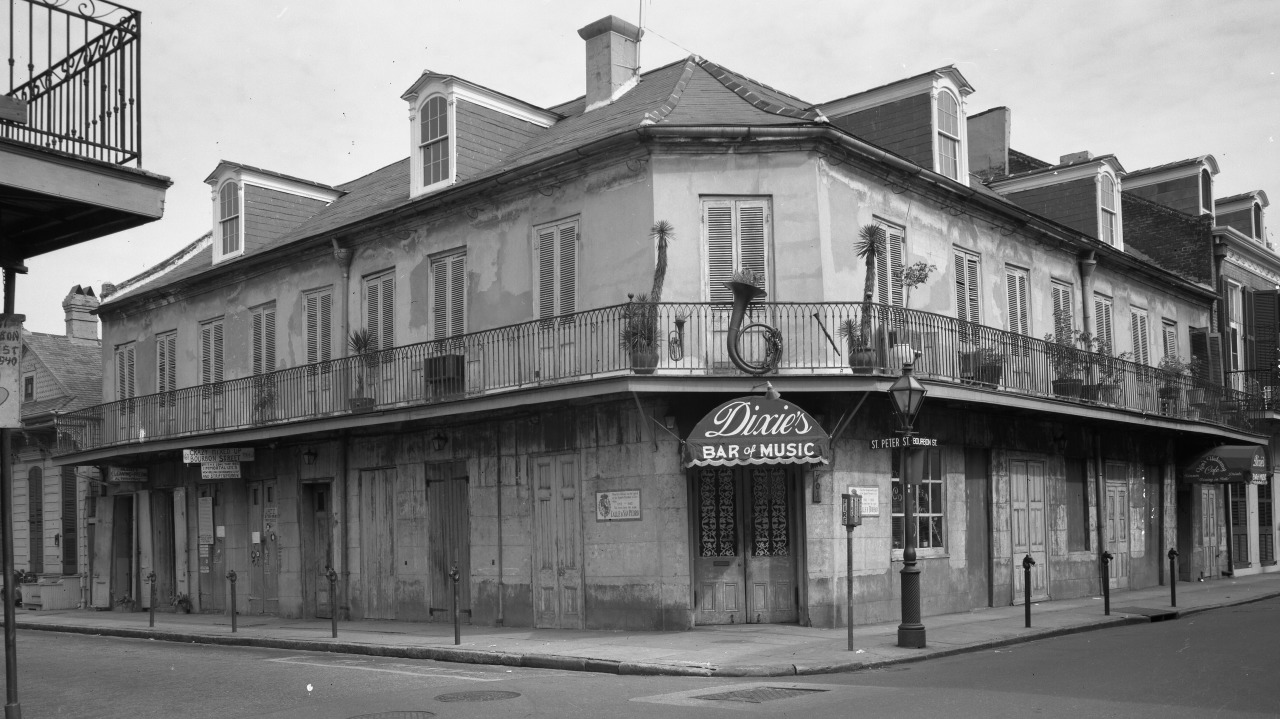 The possible link is Dixie’s Bar of Music in New Orleans, where Sloop played piano in the house band. Wes Farrell and Bert Russell Berns, who wrote the “Hang on Sloopy,” were said to be regular patrons at Dixie’s. Dixie’s closed in 1964
The possible link is Dixie’s Bar of Music in New Orleans, where Sloop played piano in the house band. Wes Farrell and Bert Russell Berns, who wrote the “Hang on Sloopy,” were said to be regular patrons at Dixie’s. Dixie’s closed in 1964
Yvonne Fasnacht, aka Miss Dixie, died ten years ago.
3. They reject any story that starts with “an Ohio waitress” or “Ohio bartender.”
4. This theory isn’t a theory.
They aren’t sure what their next step is. Wes Farrell and Bert Berns wrote the song but are both dead. I wouldn’t be surprised if my friend and his brother Earl headed off to New Orleans before long. It is not a promising lead, but is the only one.
I appreciate the song “Hang on Sloopy” and remember a line dance that we did to it and I am really touched by Brewer’s presence in the video, but I needed to get this posted. I praised their research and asked what they thought of the creatively narcissistic post.
Happy Thanksgiving.


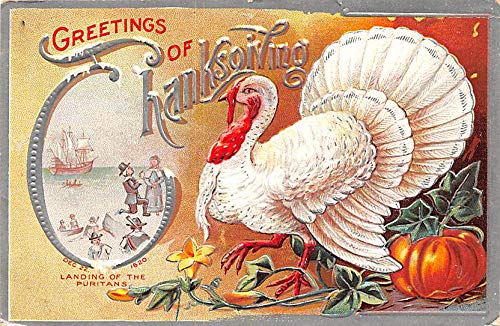
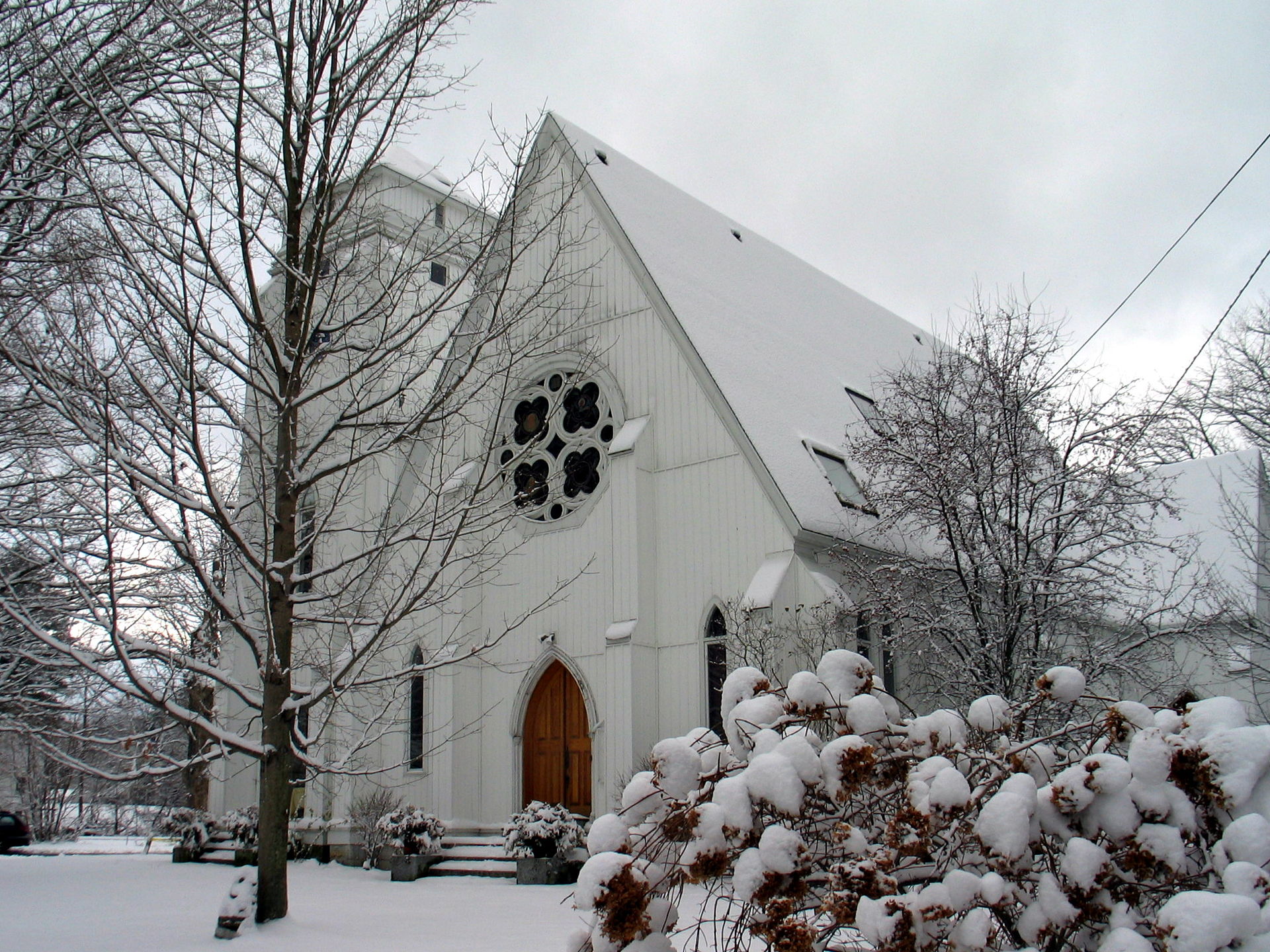
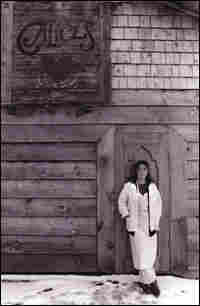
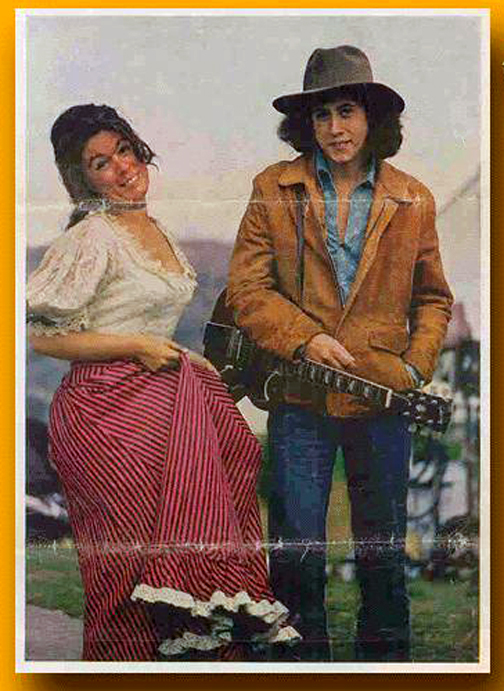

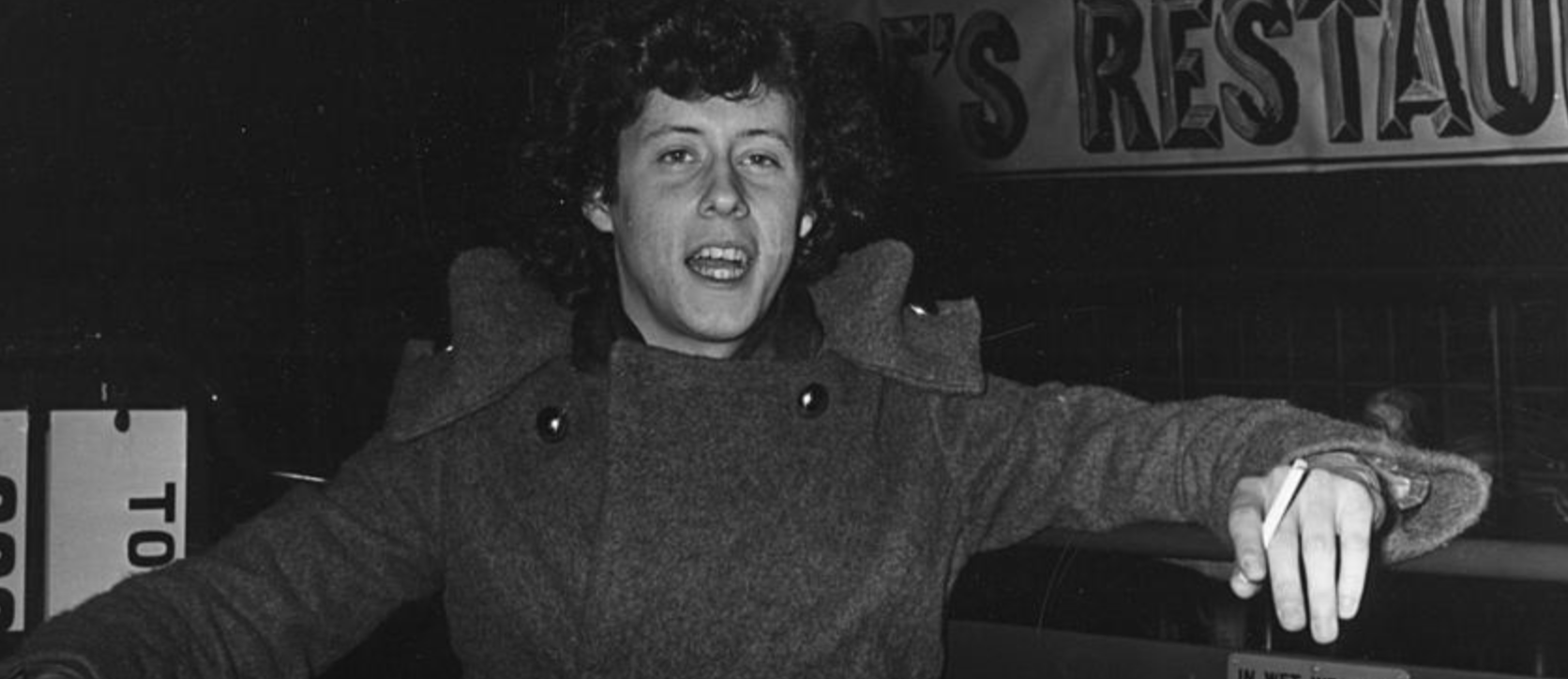
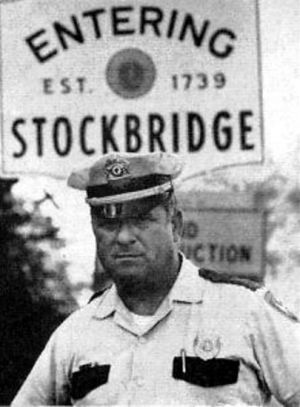



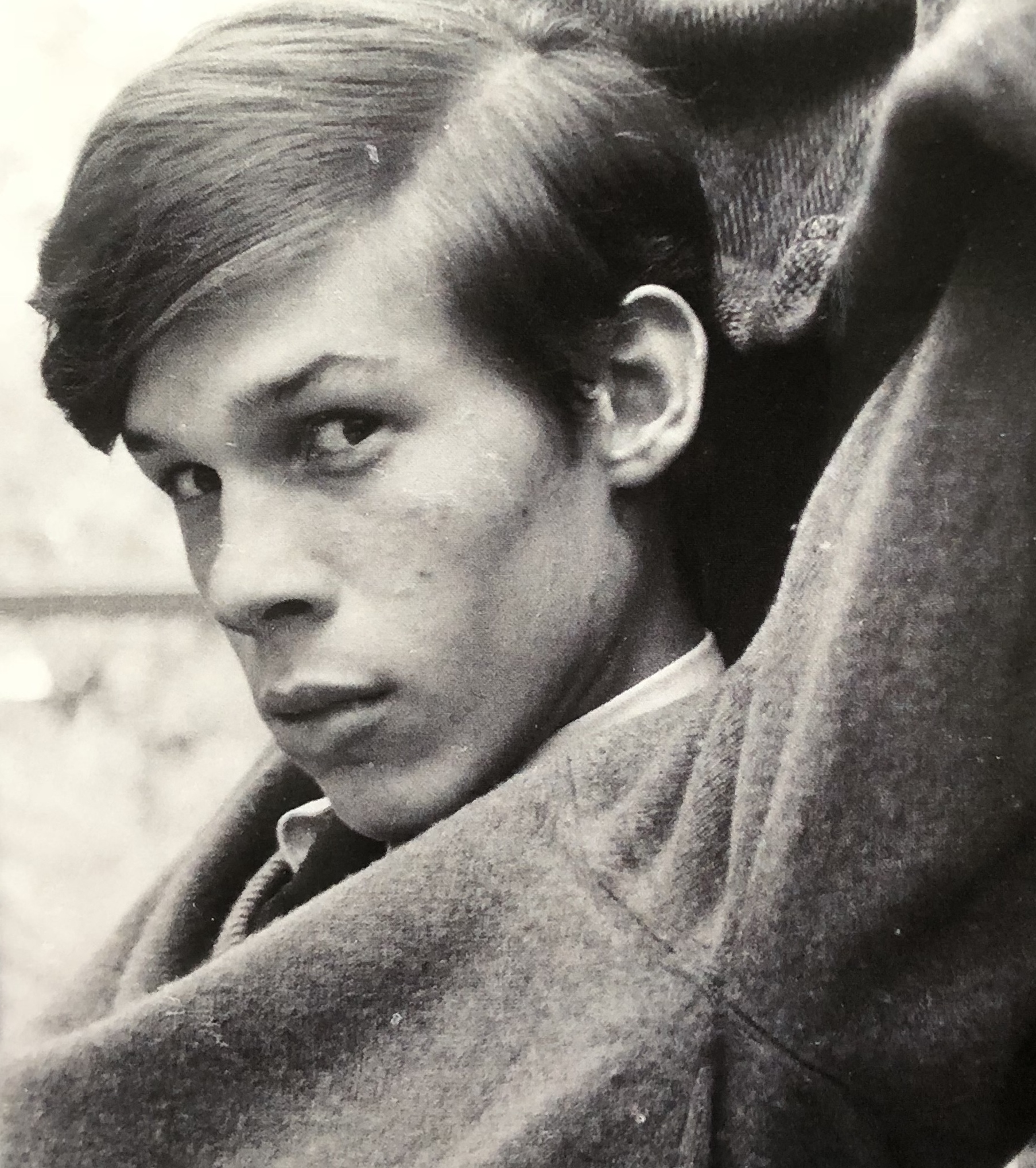
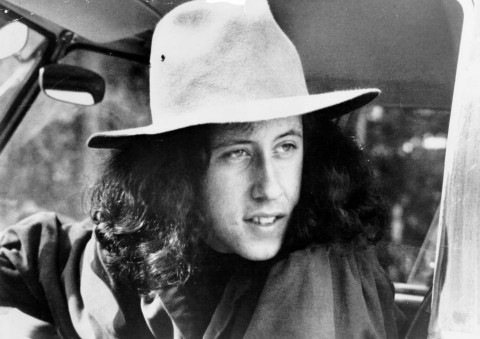

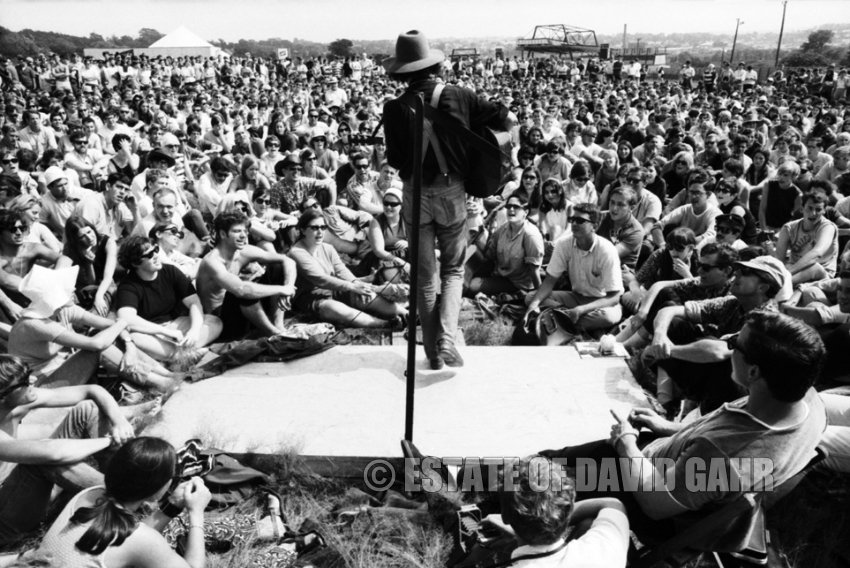
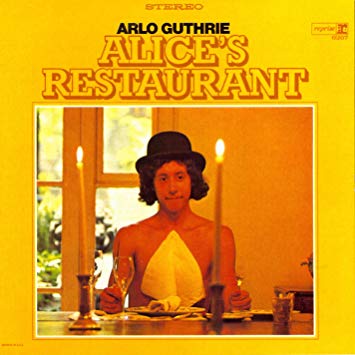

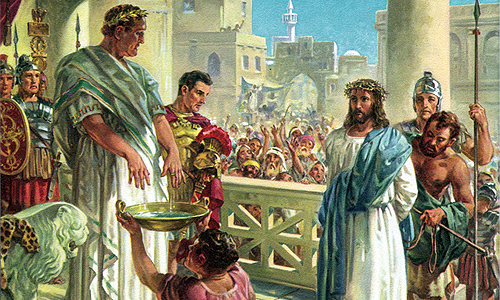
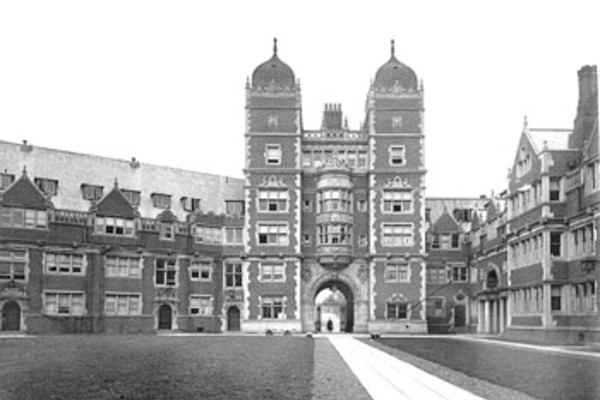
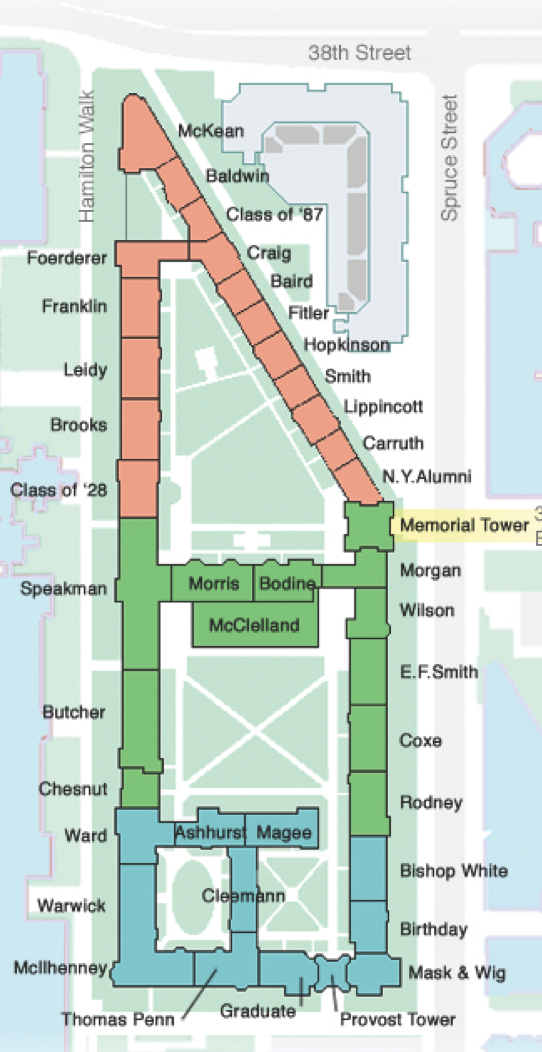


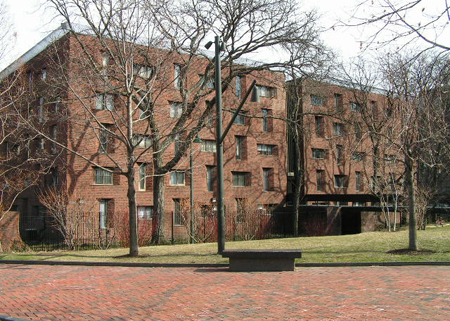
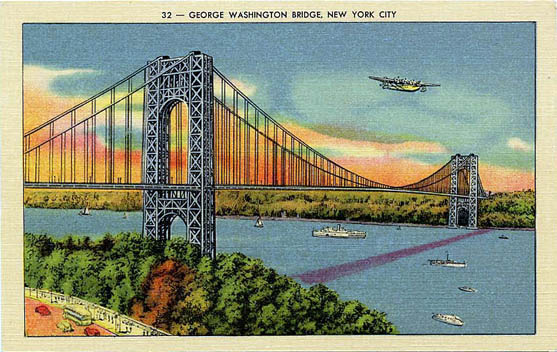
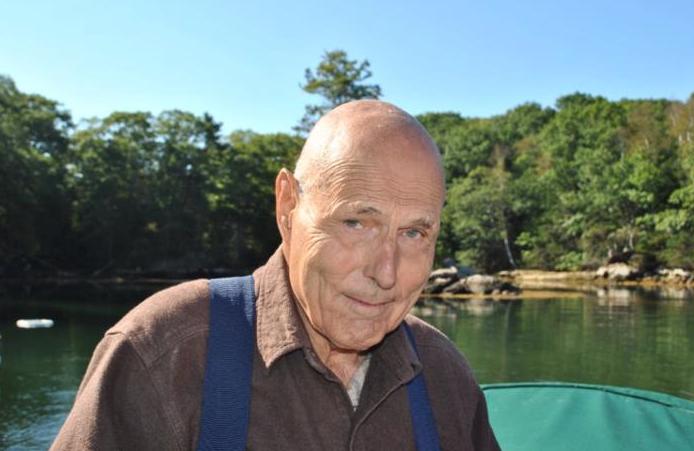
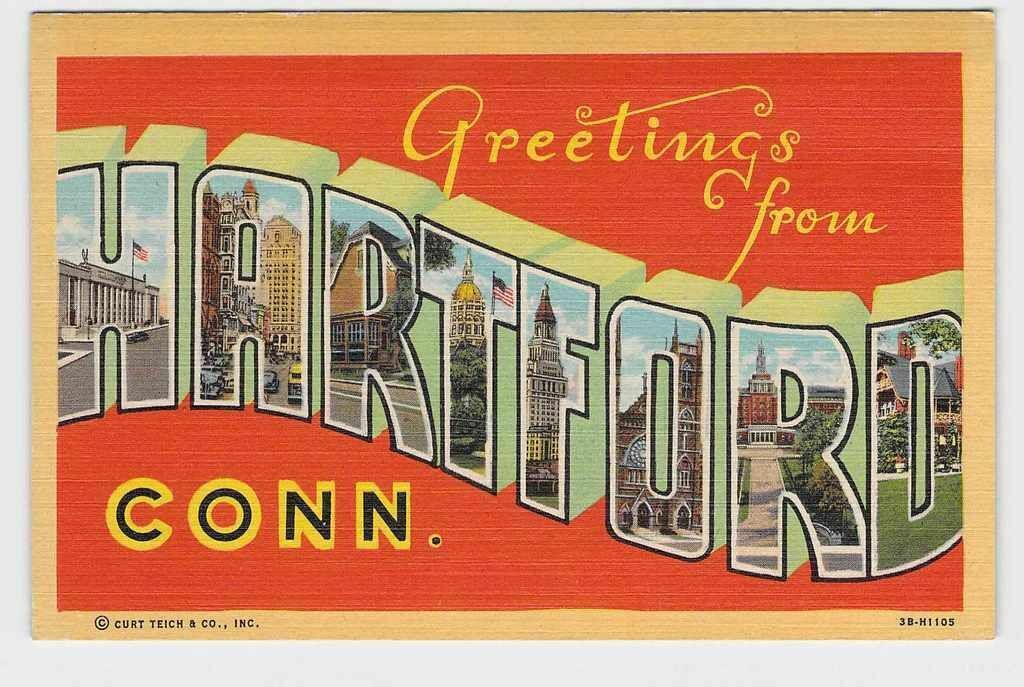
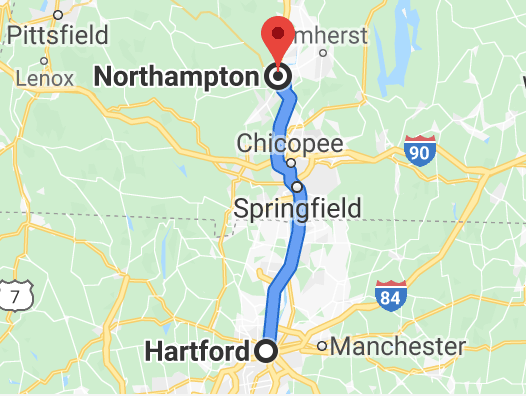
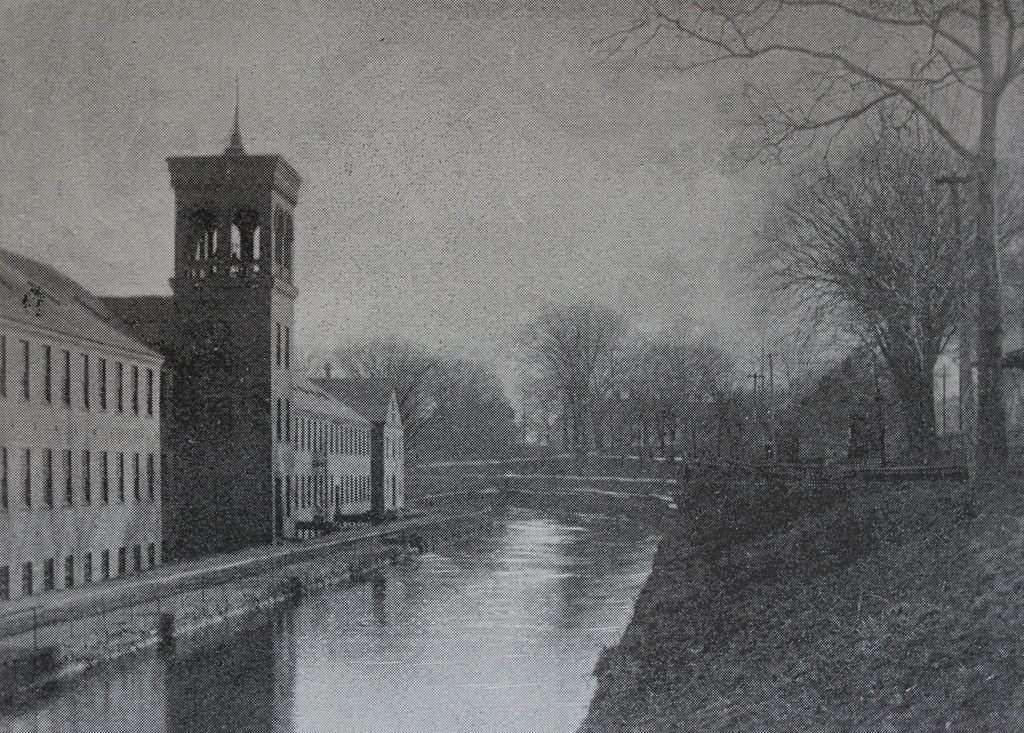
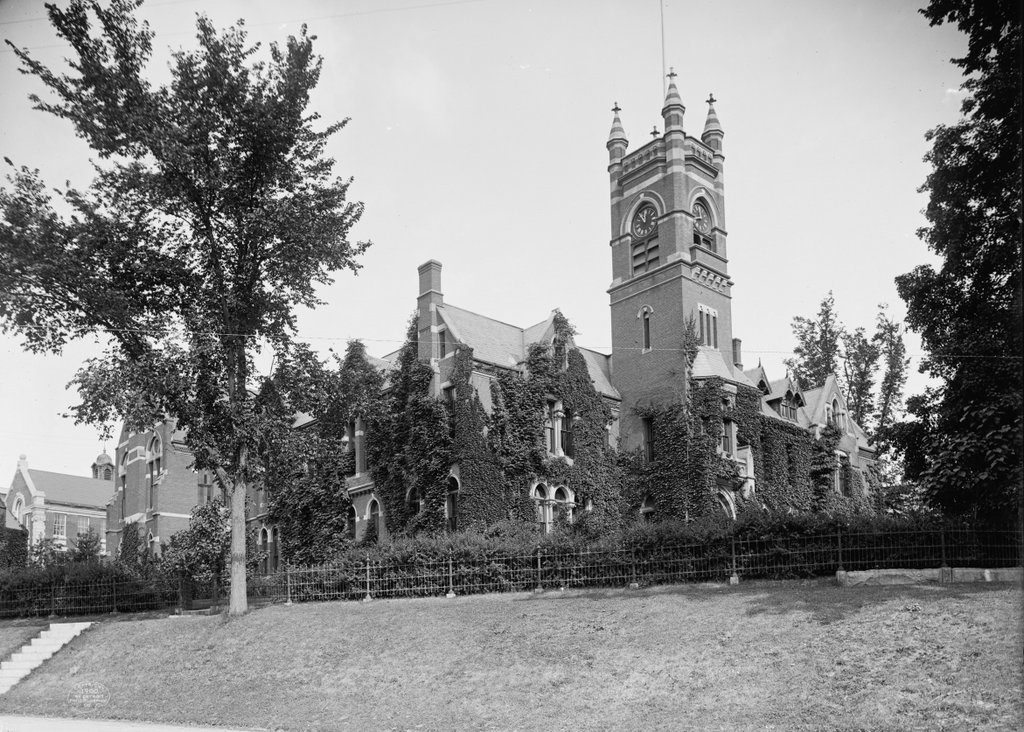
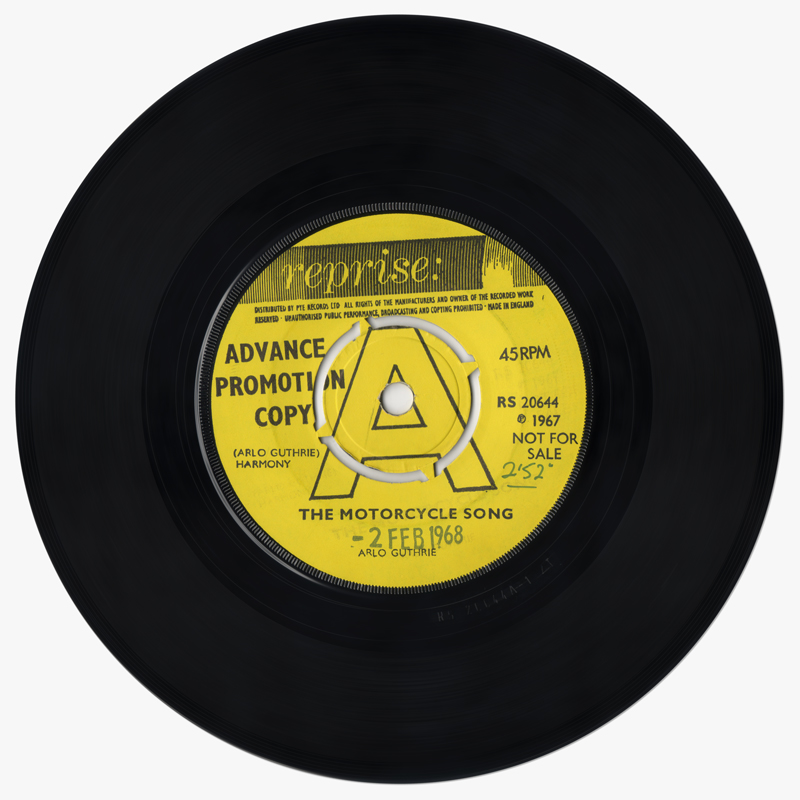



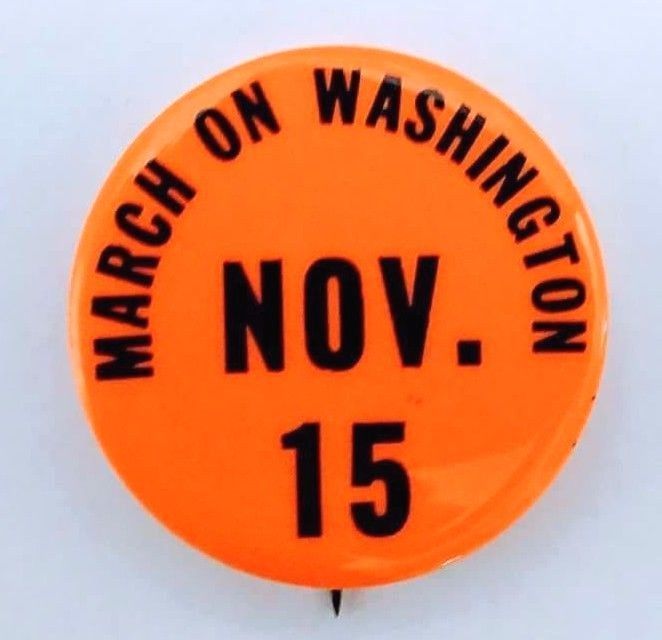
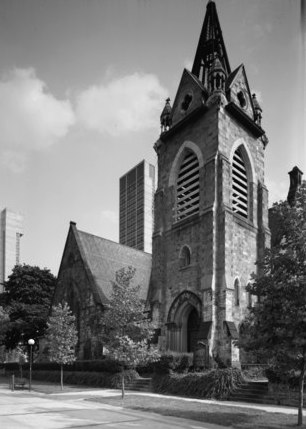
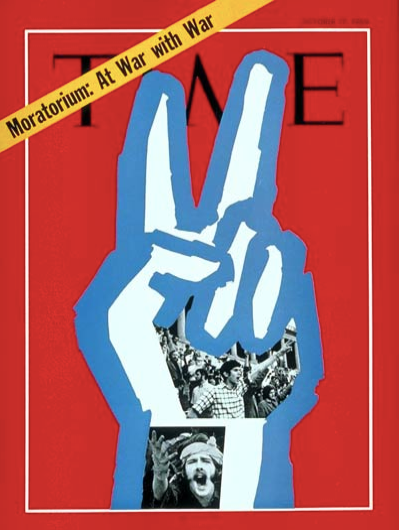
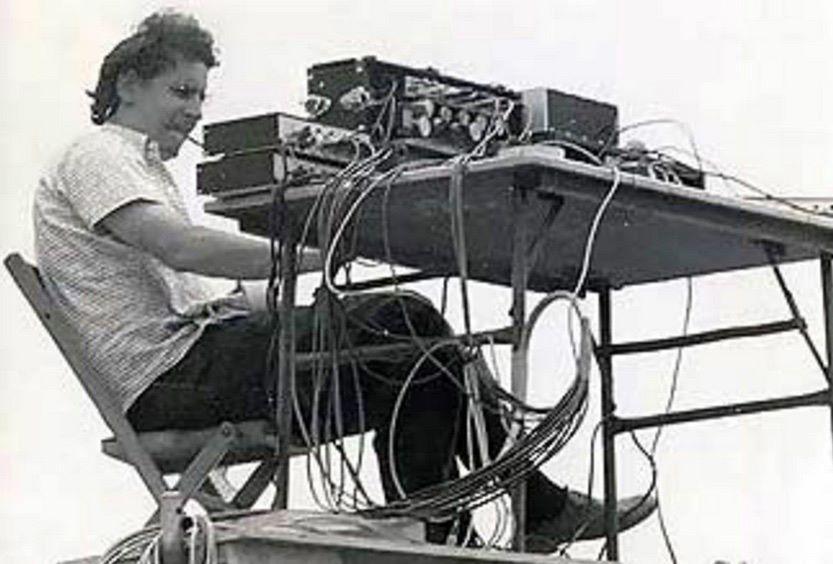
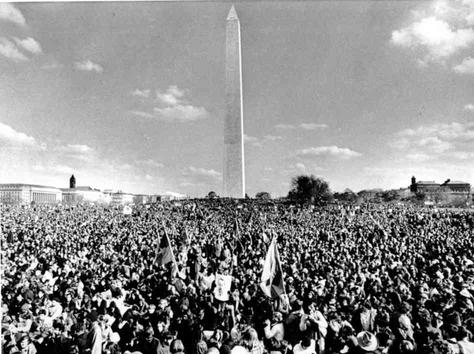
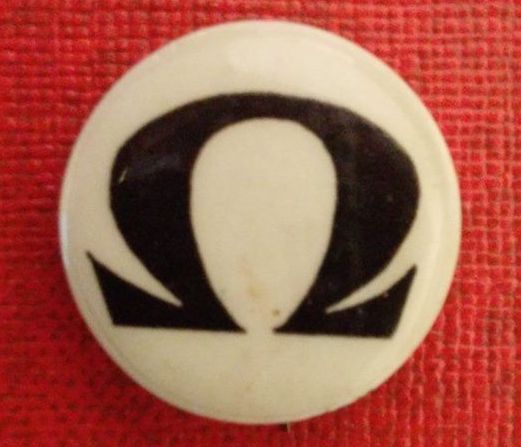
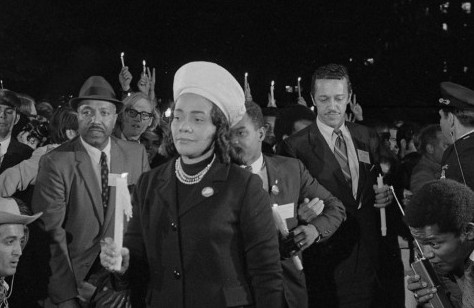
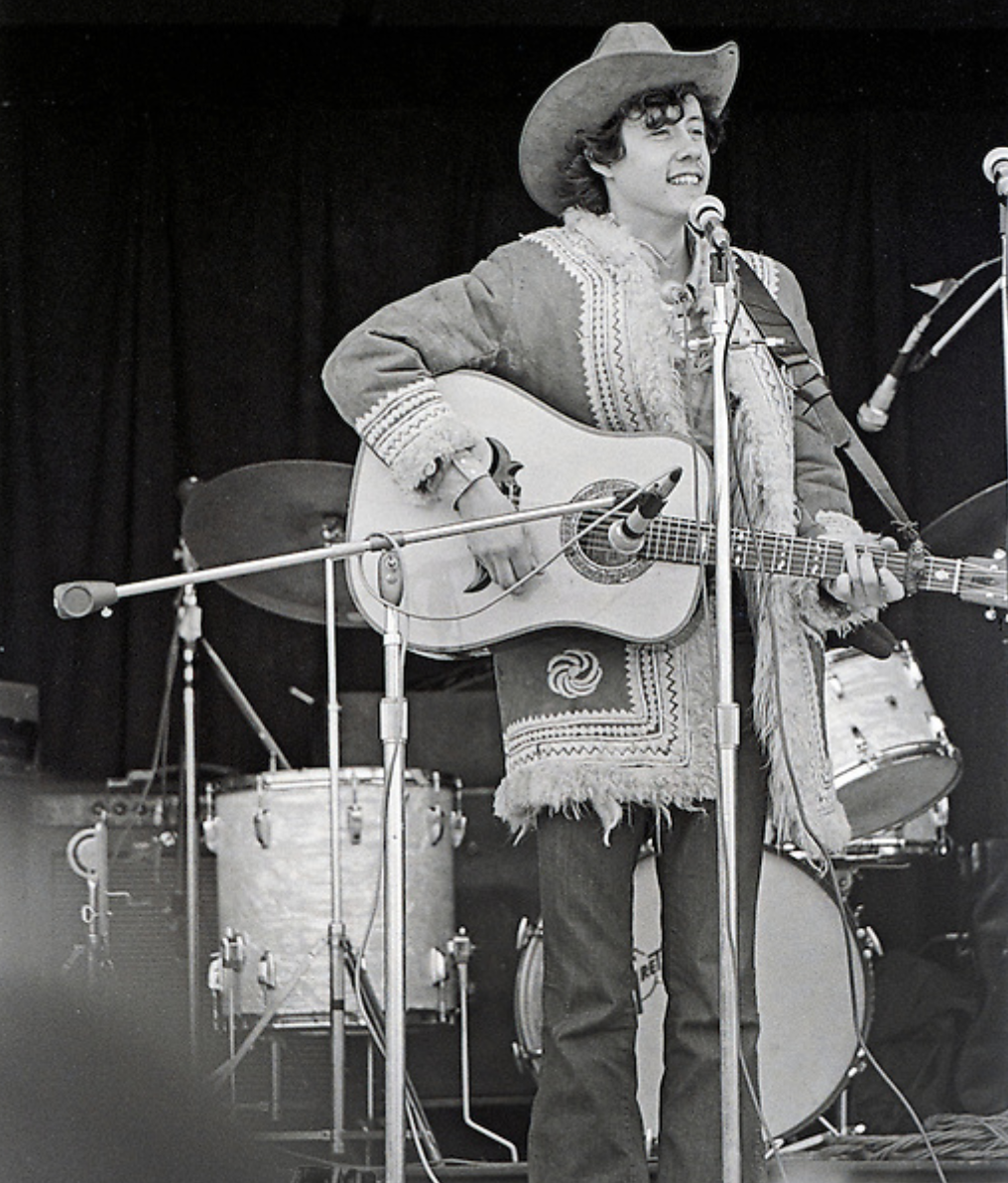

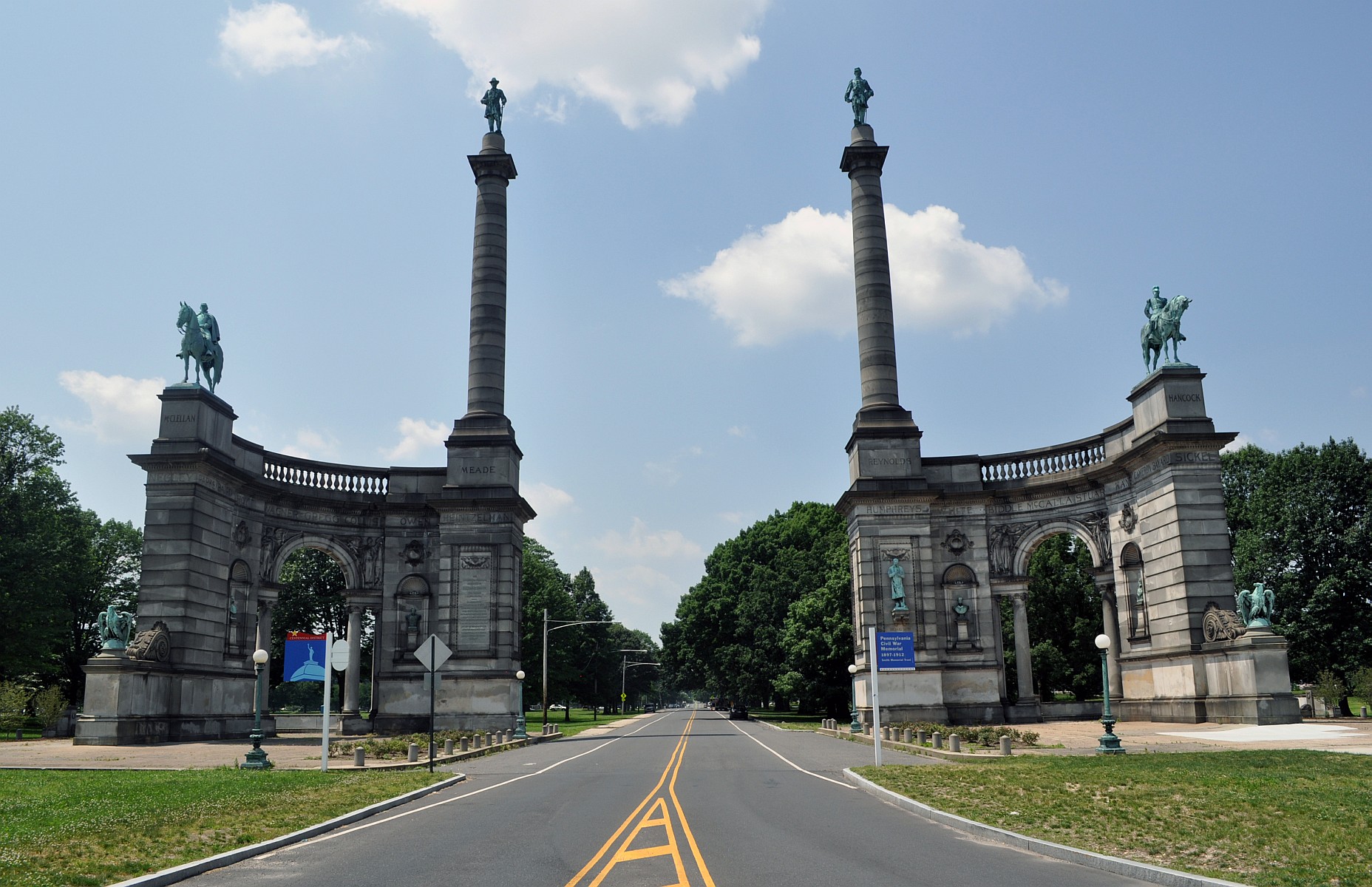
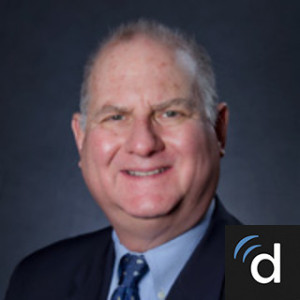
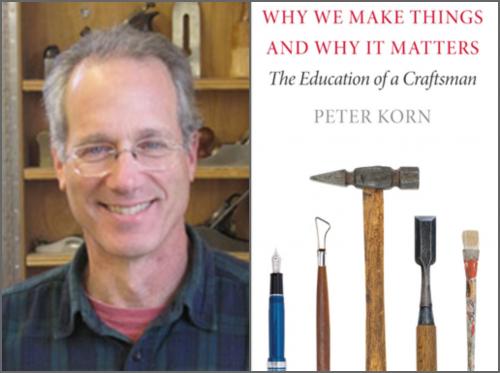


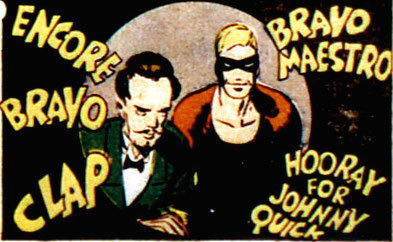
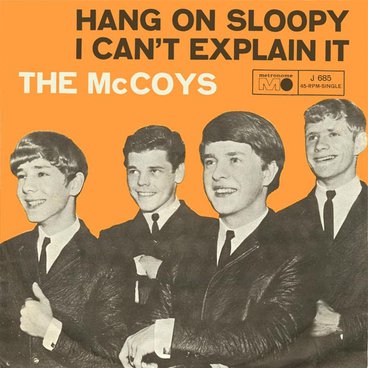
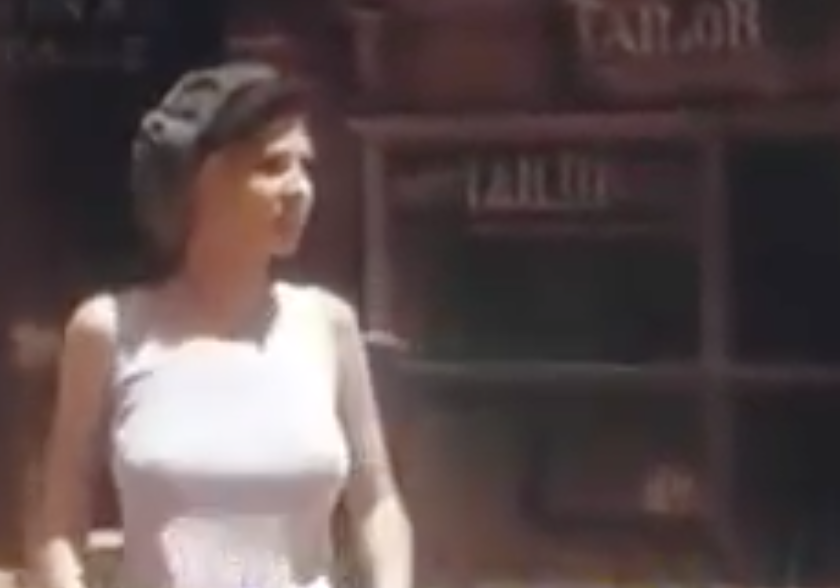
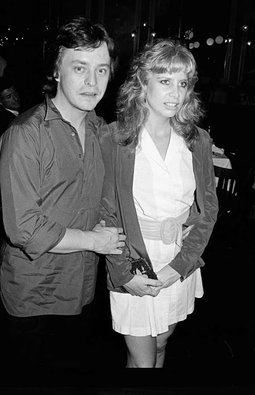
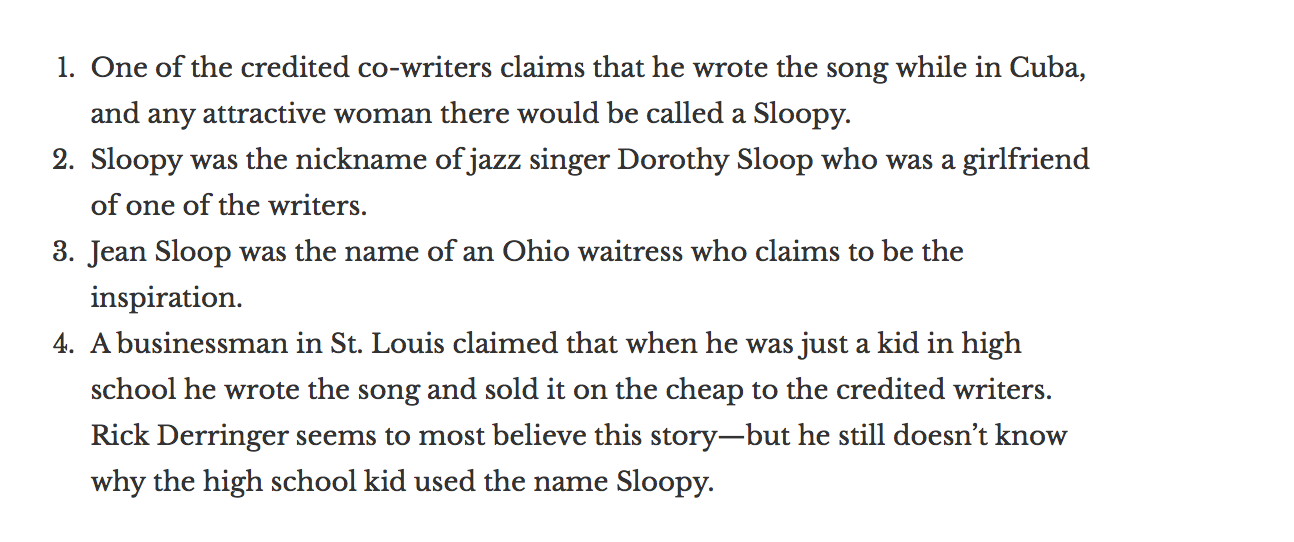
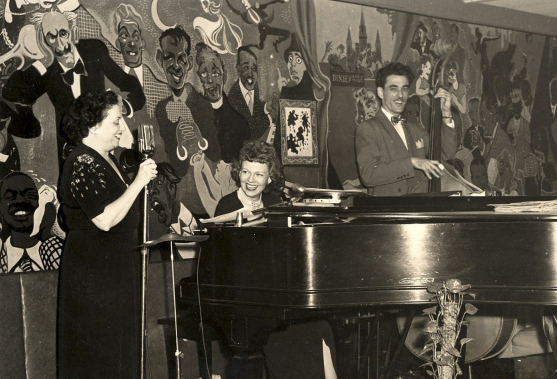
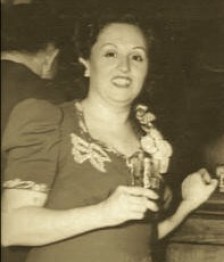
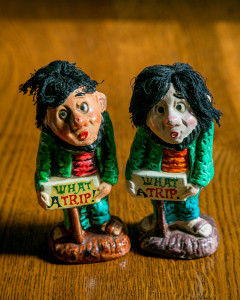
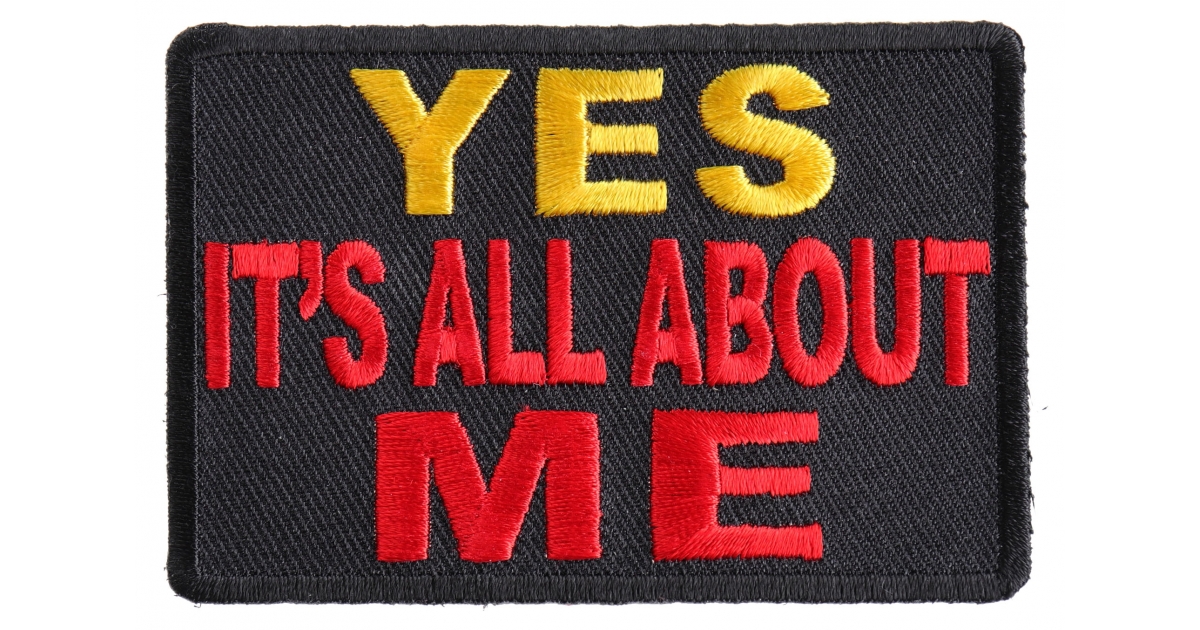
I met Alice, at the back door of her Housatonic (sp?) restaurant. This was during my grand tour of the Lower 48 in ’73. She’d been stirring a sauce and was not pleased. I couldn’t afford to eat there, anyway ..
Phil is OG Quirky Berkeley. I’m not surprised that he met Alice.
What a great wake-up for this lovely rainy thanksgiving morning! A splendid soundtrack for the day. Thanks!
Thanks. It made me happy to write it.
Nice. When we write or do art about ourselves we dig into the lives of others also. We are still one, even now. Brought back my old hitch hiking days on the east coast, days before I carried any keys. Thanks, Tom. M
Days without keys – what an image.
The Main Point, Hank Fried and hitchhiking! Surely the trifecta of my late teens/early 20s. Thanks for the memories. (And I also wonder, about those years and the peripatetic wanderjahrs that followed, how did we navigate/communicate/locate our far-flung friends with only pay phones, paper maps and postcards?)
For one, we carried little address and phone books. What a concept.
Tom, what a fantastic retrospective. Hank was in my class (EA ’68). Loved the reveal of the jackass in the WH, who makes Nixon look like a Boy Scout. How I miss the Main Point. Check out Emmylou and Rodney on Ken Burns’s country music documentary on PBS. Liz Brewer….what can I say ?
Spike – what a good surprise to hear from you. I moved away from the Main Line in 1972 and I think that helps me remain fond of what I remember. I went to my class 50th this year and the new school may as well be on another planet. Crawford and McCurdy were there – great souls. Let us strive what’er the game…. Tom